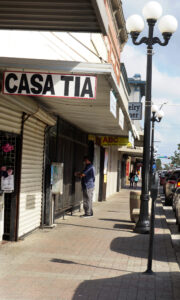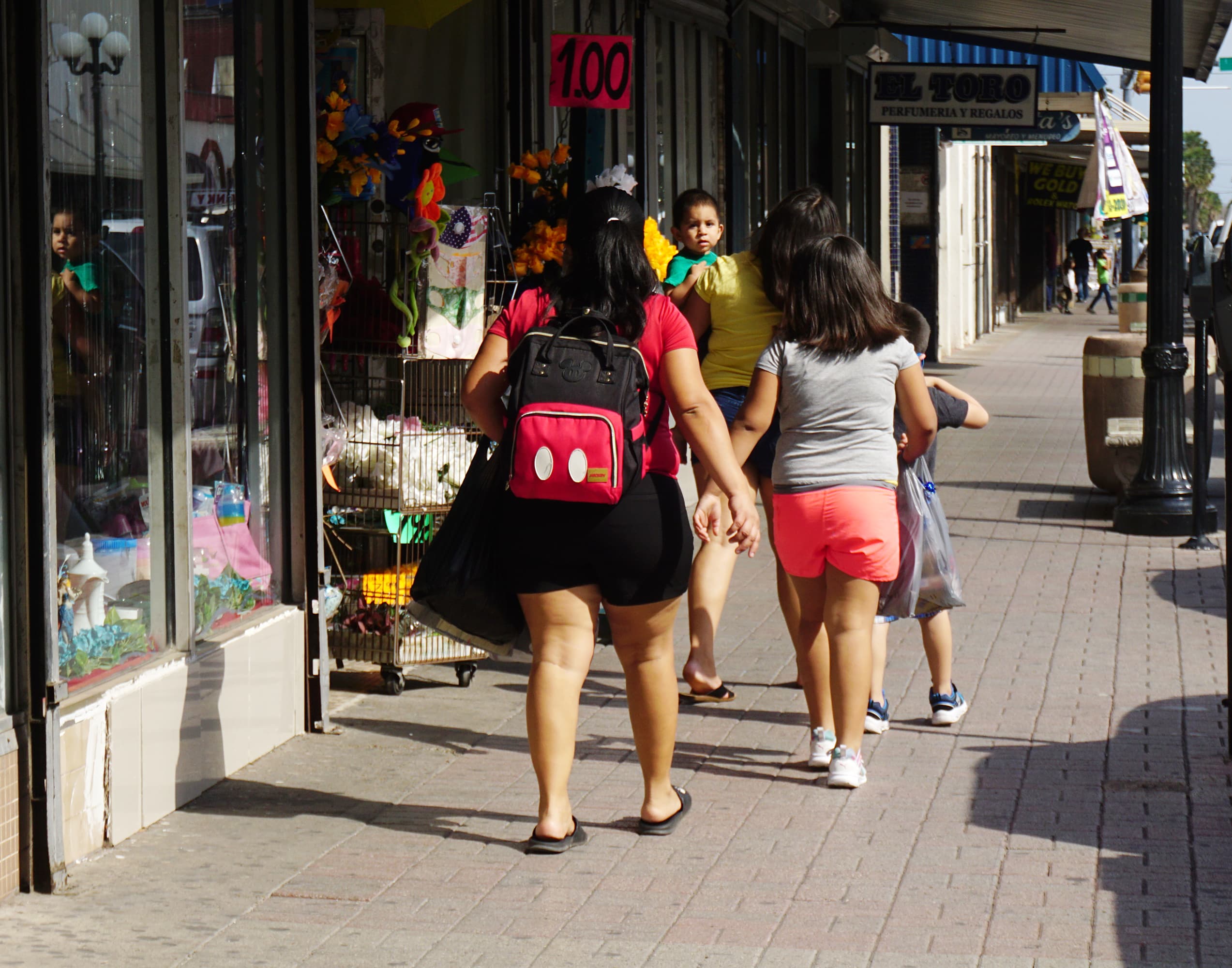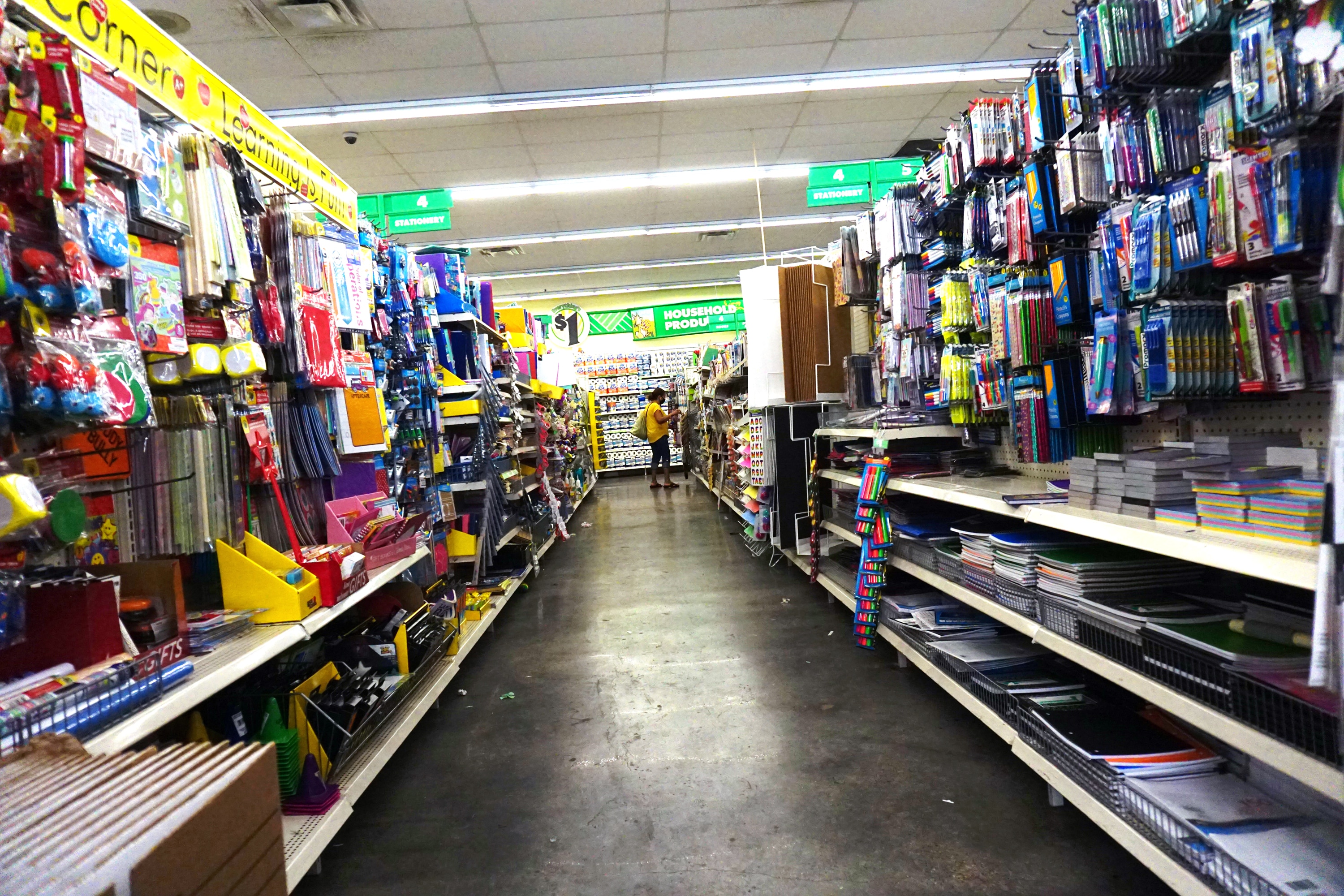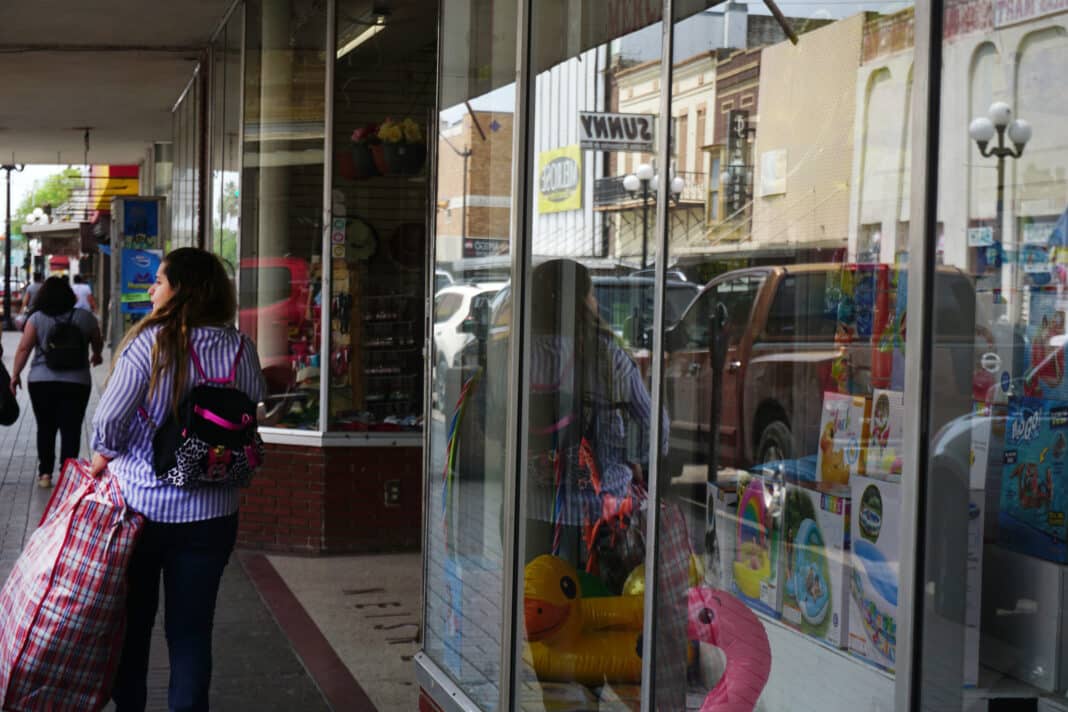
Restrictions on non-essential travel across the U.S.-Mexico border are now in place on both sides of the Rio Grande.
And for the second straight year, COVID-19 measures mean border businesses will miss out on a cash influx from visiting Mexican nationals spending in U.S. stores during holy week, known in Spanish as Semana Santa.
“It will have an impact in communities such as South Padre Island and it will have an impact in McAllen. Will it be significant?” asked Sergio Contreras, president and CEO of the RGV Partnership located in Weslaco. “It may not be in communities like McAllen, and here’s why.”
“Primarily because we now have had several stimulus funding plans coming down our way,” he added. “And it’s because people are not traveling, people are spending more locally. In addition to the stimulus funding you’re talking about PPP (federal paycheck protection program).You’ve got individuals who continue to stay on payroll and you continue to see that investment from the federal government that supports efforts to shop locally.”
Billions lost
Losing the spending power of Mexican nationals due to COVID-19 travel restrictions already is a massive blow to local border economies in the United States.
A study by Rice University’s Baker Institute of nine U.S. border counties conducted between March and November of 2020 estimated $4.9 billion was lost in local GDP in these communities, including a direct retail loss of $2 billion in spending.
“Will missing Semana Santa have an impact? Yes, it will,” Contreras said. “You’ve got folks who are not going to be able to vacation on South Padre Island. People that own their homes over there, imagine this. We know that folks here are going to be able to shop local. But if you were to add that non-essential shopper, that’s additional revenue.”

Businesses react
Many McAllen businesses have traditionally been heavily dependent on Mexican nationals shopping on this side of the border.
Steve Ahlenius, president and CEO of the McAllen Chamber of Commerce, has estimated that, pre-COVID, Mexican nationals spent more than a billion dollars a year in McAllen alone.
He regrets the additional spending that will again be lost during Semana Santa. Yet he believes the negative impact on local businesses will be less this year.
“Part of the optimism that I see, and that has really developed over the last 12 months, is that a lot of the businesses that were relying on Mexican nationals for a big part of their business have now pivoted toward selling to local folks as opposed to Mexican nationals,” Ahlenius said.
“That shift has been pretty dramatic,” he added. “They’ve been able to survive the last 12 months by doing that. It’s gotten to the point now, because we’ve gone on for 12 months without non-essential Mexican nationals coming across, that it has dramatically changed the market space of a lot of businesses.”
Island properties
The U.S. government has restricted non-essential border crossings from Mexico for about a year. Now Mexico, too, has issued similar restrictions which mean traditional border crossings are shut down.
“To prevent the spread of COVID-19, Mexico will impose restrictions on land travel for nonessential activities at its northern and southern border starting March 19, 2021,” the Foreign Affairs Ministry said on Twitter. “ … The restrictions on nonessential travel and the health measures will remain in force until 23:59 on April 21, 2021.”
Semana Santa is sort of a national Spring Break at Easter for all of Mexico.
Restricting non-essential travel will not just impact Mexican nationals coming over to shop. On South Padre Island, they won’t be allowed to visit condos or homes they own, either.
“It’s been over a year since our Mexican national property owners have been able to visit their property, and we’re just looking forward to when they can return, because they’re taxpayers as well,” said SPI Mayor Patrick McNulty.
McNulty said he guesses maybe 10 percent of the Island’s property is owned by Mexican nationals, but he thinks business losses from missing out on Semana Santa this year may be offset by other economic factors.
“Something that is obvious with the amount of stimulus that’s taken place in Texas is there’s been an increase in tourism, especially with Open Texas, so the economic impact might be minimized because of that,” McNulty said.

Light in tunnel
Ahlenius noted the Biden administration has promised to send 2.5 million doses of the AstraZeneca coronavirus vaccine to Mexico.
He thinks it’s a positive indicator that soon things will be back to something approaching what used to be regarded as normal.
“I’m very optimistic that once Mexico ramps up its vaccination program and people get vaccinated, and the trendlines as far as the infection and hospitalization are trending down, that they’re going to re-open for non-essential travel,” he said.
“Just like in the United States, there’s going to be a pent-up demand for purchasing and for eating out and going and doing a bunch of things,” he added. “I think we’re going to see the same thing happen in Mexico.”
Once that occurs, Ahlenius said, spending in the United States by Mexican nationals will become the “cream” atop the earnings U.S. businesses are already enjoying after shifting local market space to U.S. customers.
“That’s the thing you’ve got to understand about businesses, small businesses or any business,” Ahlenius said. “When their backs are up against the wall. They will find ways to innovate, to change, to pivot, to create new markets.”
“The ones that are able to do that are the ones that are going to survive,” he added. “The ones who can’t jump the chasm, so to speak, end up going out of business.”




